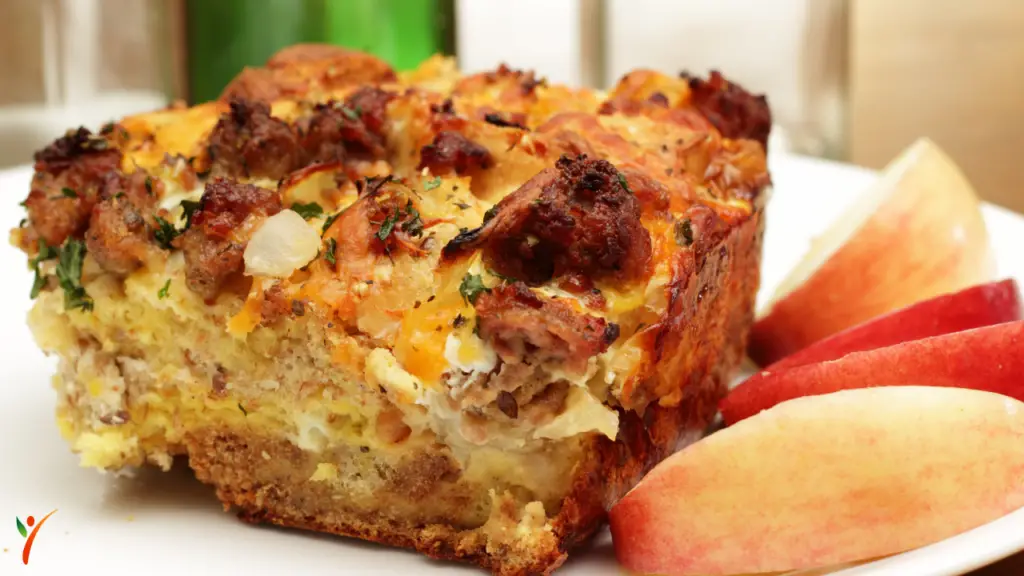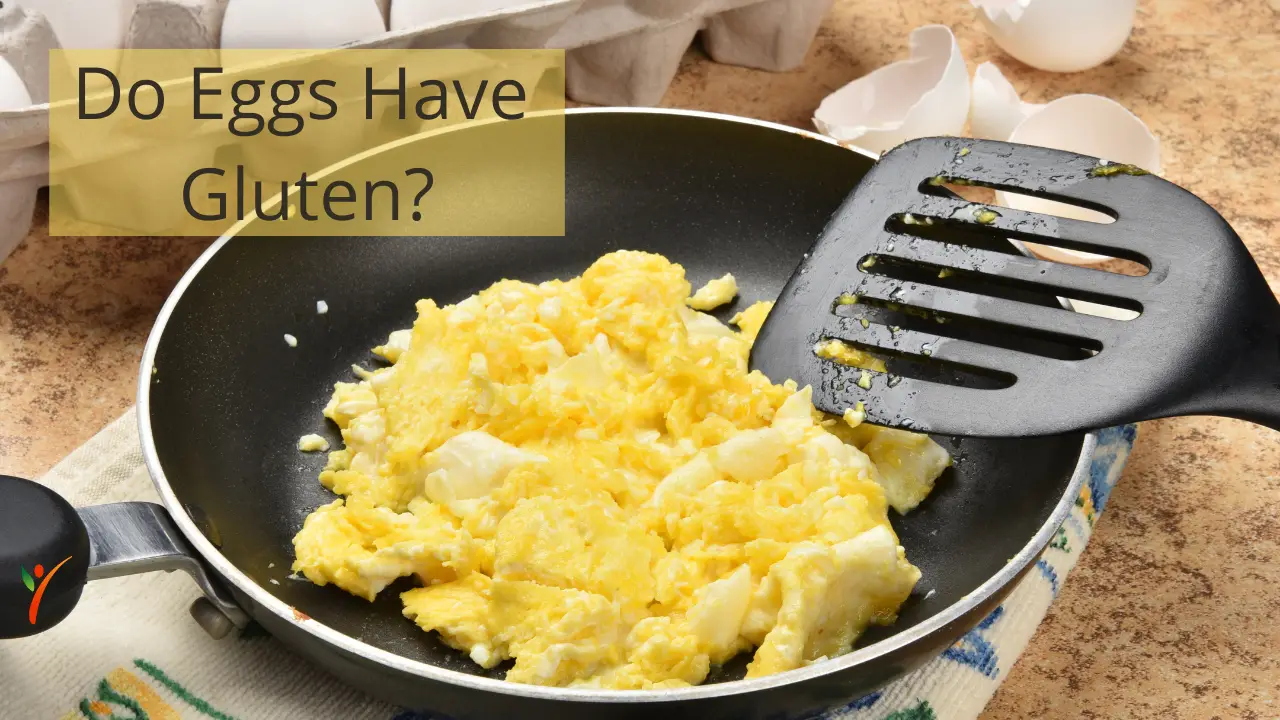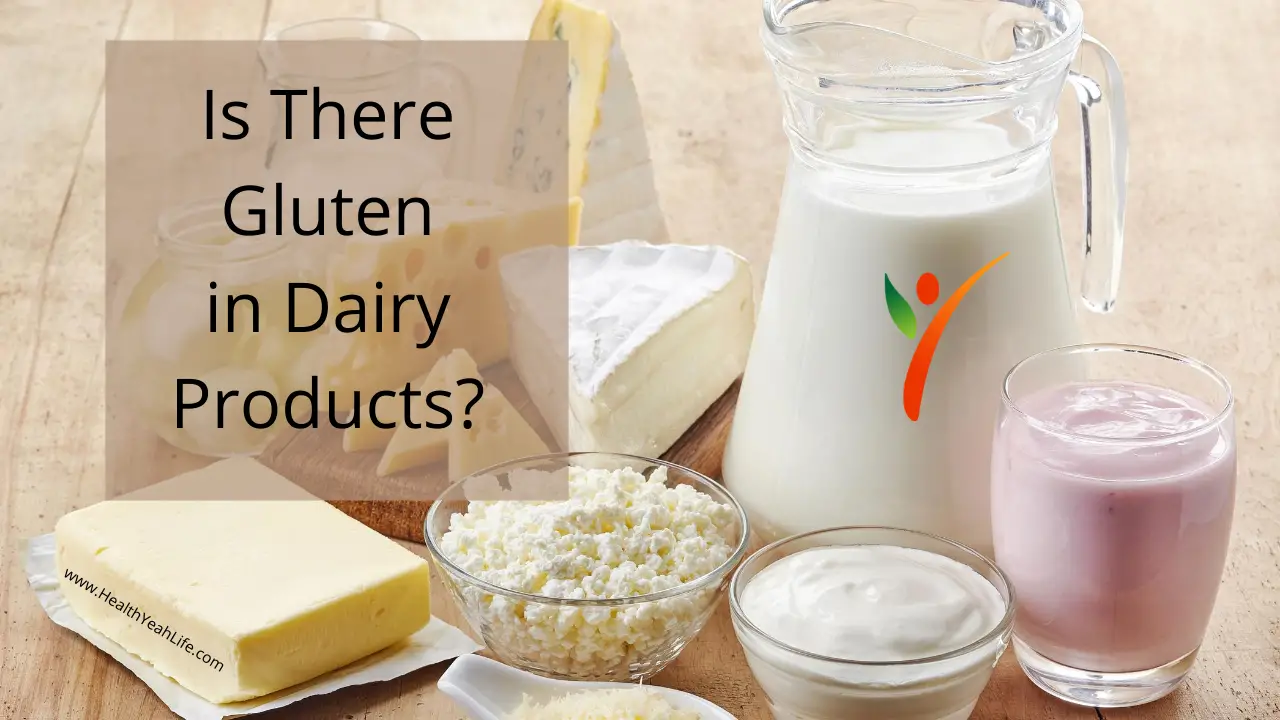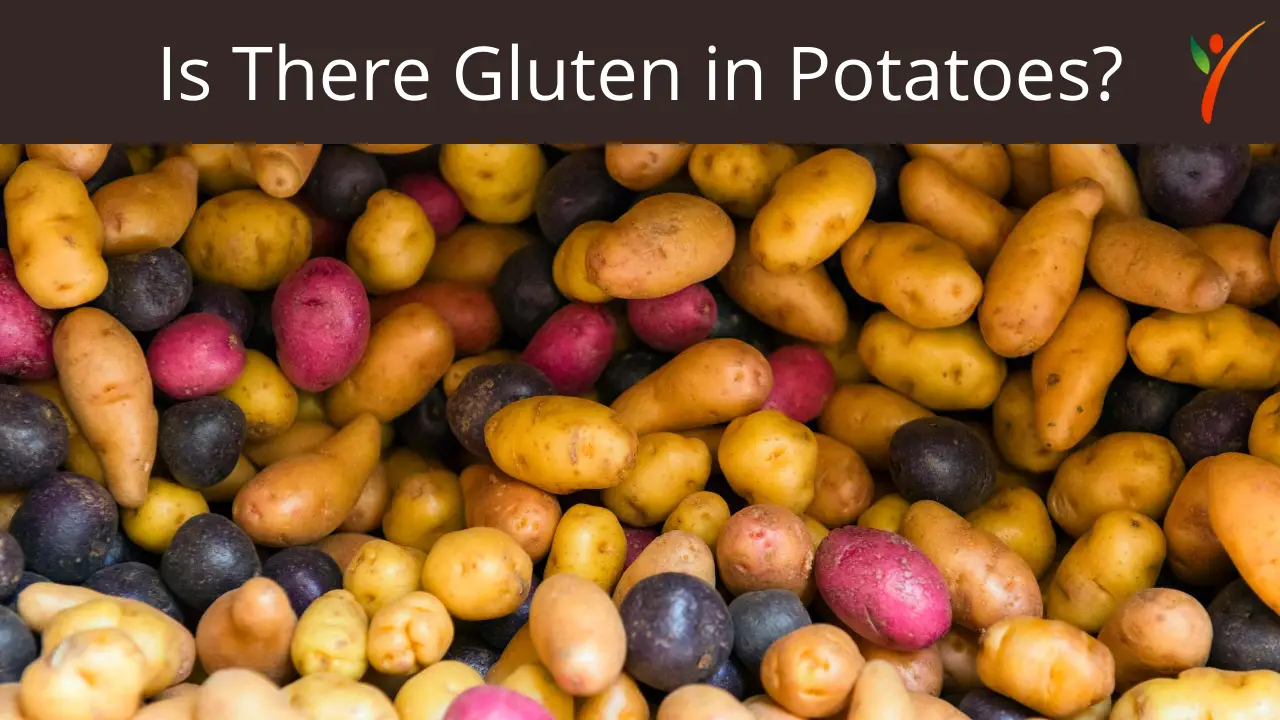Ah, eggs and breakfast, the century-old combination for a morning meal. You can never go wrong with eggs cooked to perfection. Whether you're a fried egg person or someone who'd go for a casserole, eggs can do it all!
Although you'd be second-guessing for those on a gluten-free diet if you should add eggs to your meal plans. And are they safe to eat on a gluten-free diet? Here's the answer to that question, and everything else you'd want to know about eating eggs on a gluten-free diet.
Do Eggs and Gluten Go Together?
Let's get the facts aside. Gluten comes from grains like barley, rye, wheat, and spelt. On the other hand, eggs are a source of protein with zero gluten-content. Eggs and gluten-containing grains have no relation to each other. They don't go together at all. Of course, this goes for raw eggs without looking at their cooking process.
But the omelet you're having from your local breakfast pub might be gluten-contaminated. It may trigger symptoms of celiac or gluten sensitivities in severe cases. Are you wondering how can that be if eggs are naturally gluten-free? The simple answer to that question, folks, is cross-contamination.
If it's not a gluten-free kitchen, the utensils can make a simple fried egg gluten-contaminated as well. In this case, restaurants usually make breakfasts in the same kitchen with gluten-containing ingredients. The same pan to make another customer's pancakes and your omelet will cause cross-contamination.
Therefore, even using similar kitchen utensils can bring the risk of cross-contamination in gluten-free egg recipes. For this reason, your local restaurant might not be the best option for egg dishes if you're avoiding gluten.
Gluten-Containing Egg Dishes

So, now you know eggs do not contain gluten naturally unless at risk of cross-contamination. However, there are a few egg dishes that are a no-go for those on a gluten-free diet.
Generally, this is because these dishes include gluten-containing ingredients that are harder to spot. Here are a few egg dishes you should stay cautious of if you're not making them yourself:
- Scrambled Eggs- Scrambled eggs are just eggs tossed around with a little salt and pepper. So how can they have gluten-containing ingredients? Restaurants want their scrambled eggs to have that fluffy texture, which is why they add flour. While flour does make your scrambled eggs soft and fluffy, it also brings in gluten content.
- Omelet- Omelets bring all the rage that comes with an exquisite breakfast if done right. The traditional omelet has herbs, spices, veggies, and sometimes cheese. With the trend of ‘filled omelets' increasing, you'd want to look out for gluten. Gluten in omelets can come in the form of sauces and processed ingredients such as bacon.
- Egg Benedict- One of the most sought-out American breakfasts in New York City, egg benedict, might not be for you. An egg benedict is a combination of an English muffin, bacon, poached eggs, and hollandaise sauce for the topping. Even if you leave out the sauce, the muffin itself is a significant risk-contributor on a gluten-free diet. Of course, you can always switch the items for gluten-free alternatives if you're making the egg benedict yourself.
- Baked Eggs- Okay, you're thinking we're pushing it a little far since baked eggs are just eggs done in the oven. Traditionally, you're right; you pop eggs in the oven to bake for a few minutes. Although, some add flour to the recipe to hold the ingredients together and add a little texture. You can add mushrooms, spinach, salmon, tomatoes, etc. to your baked eggs. The point is to steer clear of adding flour to the mixture, and you've got gluten-free baked eggs!
- Egg Sandwiches- Before you start heading towards an egg sandwich for your breakfast, we're here to stop you. Yes, the eggs in your sandwich are gluten-free if they haven't been through cross-contamination. However, the bread that makes the foundation of your sandwich is possibly not gluten-free. Unless you're using a specific type of bread that isn't from wheat; hence, ask the relevant person if you're eating out and opt for gluten-free bread if you're making one yourself.
As a rule, look into anything you're not making with your own two hands in your kitchen. You should especially pay extra attention if the recipe has additional ingredients. You never know one element in an egg dish could disrupt your gluten-free meal and cause severe reactions.
Why Should You Eat Eggs?

Eggs are incredibly easy to make, and you can have them at any time of the day. If you know the right recipes, egg dishes can be the perfect meal, whether it's breakfast, lunch, or dinner.
Besides the advantage of eating eggs whenever you want, why should you eat them in the first place? Below are a few of the following health benefits of adding eggs to your daily meal plans:
Rich Source of Protein- Eggs and protein, you might have heard the two as a combination. That's because eggs are not only a source of protein but one that has a significant amount of it. If you're thinking how much protein can one egg possibly have, it's an average of a whopping 6 grams! Your body continuously needs protein to stay healthy and maintain its functions. Additionally, eggs also come with the essential nine amino acids your body requires to function efficiently daily.
Omega-3 Source- Fish isn't the only food you can get your required omega-3 fats from. Nor do you have to consume all those supplements daily. Add an egg to your daily meals, and you'll be getting all the goodness of omega-3. The benefits of providing your body with omega-3 fats are endless, from a healthy brain to cardiovascular advantages.
Source of Choline– Not many people have heard about choline, an essential nutrient for your body. The body needs choline since it doesn't make a sufficient amount itself. The main supply continues to be dietary sources. Your body needs this nutrient for the cell system to function effectively. Moreover, pregnant women need to consume choline so that their babies can have normal brain development.
Packed with Nutrients- A healthy diet consists of all the nutrients in a balanced quantity, including vitamins and minerals. One boiled egg in your breakfast will provide you with all the nutrients you'll need for a healthy lifestyle. You'll be getting Vitamins D and B2, folate, selenium, and iron, among a few other nutrients by including an egg in your breakfast.
Increase in Good Cholesterol- You'd have heard experts tell people to avoid fried food for the cholesterol present in them. Then why eat an egg for the cholesterol it contains? We know that cholesterol comes in two types- good cholesterol and bad cholesterol. Good cholesterol, also known as high-density lipoprotein, helps protect you from the risk of cardiovascular diseases. In conclusion, eating eggs can reduce the risk of heart diseases and maintaining a healthy heart.
Recipe for Breakfast Casserole

Missing a classic casserole for your next breakfast? Here's a simple recipe for a gluten-free casserole that'll leave you wanting more.
Ingredients:
- 1 lb pork sausage
- 6 large eggs
- 1 small onion, chopped
- 1 teaspoon salt
- 1/2 teaspoon pepper
- 1 cup sour cream
- 3/4 cup milk
- 1 cup shredded sharp cheddar cheese, divided
- 4 cups shredded hash browns, fresh
Directions:
- Preheat oven to 350° F. Meanwhile, spray nonstick spray on a 9×13″ baking dish.
- Add sausage and shallot to a large skillet. Turning the stove on to medium-high heat, brown the ingredients, once cooked, set aside to cool.
- Add salt, pepper, and eggs to a large bowl and whisk. Then add sour cream and milk and continue to whisk until you create a smooth mixture. Add ¾ of the shredded cheese, sausage and shallot, and hash browns to the bowl. Keep stirring till evenly combined.
- Pour the combined mixture into a glass baking pan and evenly distribute it. Add the remaining cheese on top. Cover with aluminum foil.
- Bake for 60-75 minutes and a fork comes out clean from the center. For a golden-brown top, Remove foil and bake for an additional 5 minutes.
- Let rest for 5 minutes and serve.
Conclusion
It is safe to say; eggs can be your next superfood on a gluten-free diet. So, what's stopping you from adding this nutritious delicacy to your breakfasts, or even your lunch and dinners?
Grab eggs from the nearest grocery store or your local free-range chicken farm, and start cooking new recipes with eggs as the dish's star!
Live Extraordinarily!

The owner of this website, HealthYeahLife.com, is a participant in the Amazon Services LLC Associates Program, an affiliate advertising program designed to provide a means for sites to earn advertising fees by advertising and linking HealthYeahLife.com Review to Amazon properties including, but not limited to, amazon.com.





